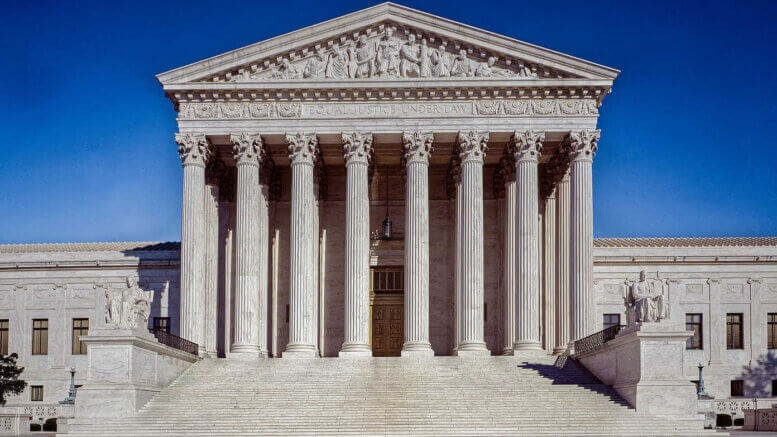Playback speed:
The Constitution is the bedrock of American governance, providing a framework that balances power among the branches of government. Recent Supreme Court decisions, such as the Loper Bright v. Raimondo case, have underscored the enduring importance of these constitutional principles.
The Supreme Court’s Decision: A Landmark Ruling
In Loper Bright v. Raimondo, the Supreme Court made a significant decision by overruling Chevron deference, a legal doctrine that has shaped administrative law for decades. Chevron deference allowed federal agencies to interpret ambiguous statutes, provided their interpretation was reasonable. This principle often resulted in courts deferring to agencies’ expertise in interpreting laws, effectively giving these agencies significant power.
However, the Supreme Court’s recent ruling shifts this balance. The Court emphasized that federal judges must exercise independent judgment in interpreting statutes, rather than relying on agencies’ interpretations. This change restores the judiciary’s role as a key interpreter of the law, aligning with the Constitution’s intent to maintain a clear separation of powers.
The Constitutional Framework: Separation of Powers
The Constitution’s design includes a system of checks and balances intended to prevent any one branch of government from becoming too powerful. By overruling Chevron deference, the Supreme Court reinforced this principle, ensuring that the judiciary, rather than executive agencies, has the final say in interpreting laws. This decision underscores the judiciary’s crucial role in safeguarding individual rights and maintaining governmental accountability.
The Impact on Federal Agencies
This ruling is a significant blow to the administrative state, as it curtails the expansive power that federal agencies have enjoyed under Chevron deference. Agencies must now provide more precise statutory language to justify their actions, ensuring that their regulations and policies are firmly rooted in clear legislative authority. This shift promotes greater transparency and accountability in federal rulemaking.
The Broader Implications
The Supreme Court’s decision highlights the ongoing relevance of the Constitution in contemporary governance. It serves as a reminder that the foundational principles laid out over two centuries ago continue to shape and influence modern legal and political landscapes. By reinforcing the separation of powers, the Court’s ruling protects against potential overreach by any single branch of government, ensuring a balanced and fair system.
Conclusion
The recent Supreme Court ruling in Loper Bright v. Raimondo illustrates the enduring importance of the Constitution. By reaffirming the judiciary’s role in interpreting laws and limiting the power of federal agencies, the Court has strengthened the principles of separation of powers and checks and balances. This decision not only aligns with the original intent of the Constitution but also promotes a more transparent and accountable government, ensuring that the rights and freedoms of individuals are protected.
For more detailed coverage, you can read the full articles on Breitbart and Daily Signal.





